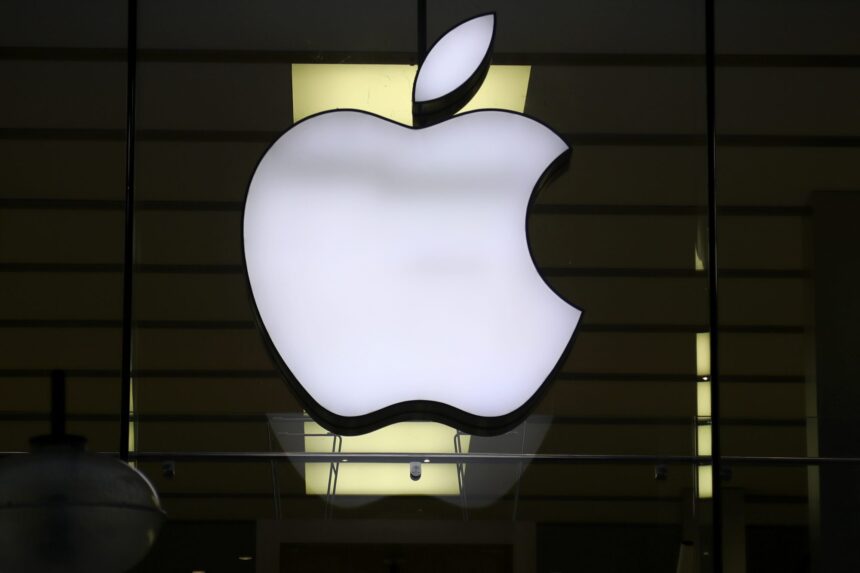10 Sep 2024
The EU’s top court has ordered Apple to repay €13 billion to Ireland in one of the world’s biggest corporate tax rulings. It’s an expensive knock in the teeth for the tech giant, at a time when competitors are nipping at their heels. And it raises questions once again about the economics of Ireland’s low tax business.

The European Court of Justice has ruled that Apple must repay millions of euros in tax benefits to the Irish state. An investigation by the European Commission has found that tech companies are taking advantage of Irish rules to reduce their tax bills.
Between 1991 and 2014, the European Union says Apple gave profits to two Irish-incorporated subsidiaries that “only exist on paper.”
“These profits … they are not subject to tax in any country according to certain provisions of Irish tax law”, according to the European Commission.
This allows Apple to pay only a portion of the tax due.
In 2011 alone, the European Union Competition Commissioner said that his team had discovered that one of Apple’s Irish subsidiaries recorded profits of around €16 billion, but used tax rules to claim only €50 million was eligible for tax in Ireland, meaning the company paid “effectively .05 percent tax rate on this overall annual profit.
The European Commission has calculated that the actual amount of taxes Apple will have to pay over two decades is €13 billion.
But in 2016 when the investigation ended and the European Commission demanded that Apple open its wallet, Ireland no longer wanted the money.
Irish objection
Since then, the case has entered the EU legal system and the objections are not only from Apple, but also from the Irish government.
This is because tech giants like Apple have become important to the Irish economy based on their low corporate tax model.
It is estimated that around 160,000 people are employed in Ireland’s technology sector, up by a third from 2019, according to the Central Bank of Ireland.
Ireland fears that if it becomes less attractive to do business there, the tech bubble economy could burst.
Apple successfully appealed the tax ruling in 2020, but this morning the EU’s highest court, the Court of Justice of the European Union, rejected the appeal and ruled that “Ireland provided illegal aid to Apple that Ireland should have done.”
The outstanding tax of € 13 billion has been sitting in a closed account for years while the court has wrangled over the decision.
The Irish government says it will now return the money.
“The CJEU (Court of Justice of the European Union) found that the tax paid was insufficient and that more tax should be refunded. Ireland will certainly respect the court’s findings on tax due to this case”, said the Irish Department of Finance.
replied Apple
Apple responded by saying it was “disappointed” by the decision. The company says it has paid more than $20 billion in taxes on its international profits, to US authorities.
“We always pay all the taxes that we have to pay everywhere and there are no special deals. Apple is proud to be an engine of growth and innovation throughout Europe and the world, and is consistently one of the largest taxpayers in the world,” he said. .

The decision is a victory for EU Competition Commissioner Margrethe Vestager, who will leave office in a few weeks. He said the light the EU has shed on the tax regime has forced Ireland to sharpen its rules.
“Our investigations have decisively contributed to a change of mind, a change of attitude among the member states (EU). They have helped to trigger and speed up regulatory and legislative reforms. Take Ireland: Today, the case of Apple cannot happen again. Ireland changes corporate tax residency rules to prevent Irish incorporated companies from becoming stateless for tax purposes,” he said at a press conference after the decision.
But he also warned that big companies continue to look for loopholes to lower their tax bills including creating profits through countries, such as Ireland, with low corporate tax rates.
“The unfortunate truth is that aggressive tax spending is still widespread…Ireland, the Netherlands, Luxembourg and Belgium appear to be at the center of the change in profits.”




